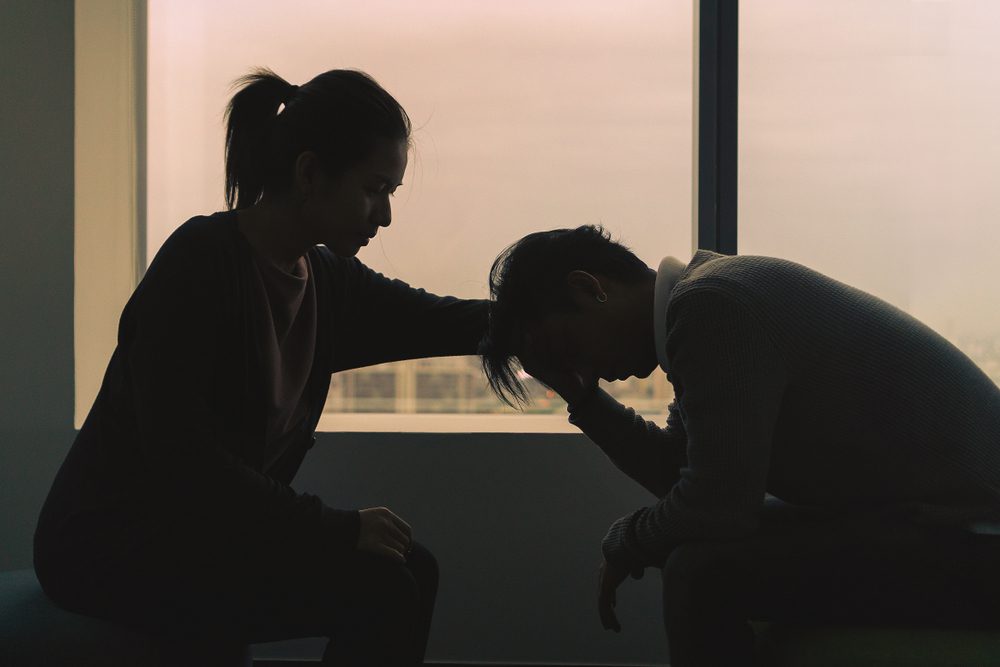
6. Finding it hard to concentrate
This is one of the signs of anxiety that can really affect the way you work and do everyday tasks. When your body is in a constant state of fear, it might be difficult for you to concentrate, and because of this, there are many people who have this symptom of anxiety.
There is also a study that found that 90% of 175 adults who suffer from generalized anxiety find it hard to concentrate. Also, the study suggests that the more anxious you feel, the harder it is for you to concentrate properly.
Working memory is the system in the brain that stores short-term knowledge. And when you feel anxious, the way it works can be affected. This is an example of why those who feel anxious have a dramatic decrease in productivity.
Concentration problems alone, however, are insufficient to make a diagnosis of an anxiety disorder because they might also be signs of other disorders, such as depression or attention deficit hyperactivity disorder (ADHD).
If you want to learn about breathing techniques and how to use them when you suffer from anxiety, we recommend the following book: Breathwork: How to Use Your Breath to Change Your Life (Breathing Techniques for Anxiety Relief and Stress, Breath Exercises for Mindfulness and Self-Care)
You should also read: 5 Subtle Signs of Paranoia After 60, According to Psychiatrists









Leave a Reply